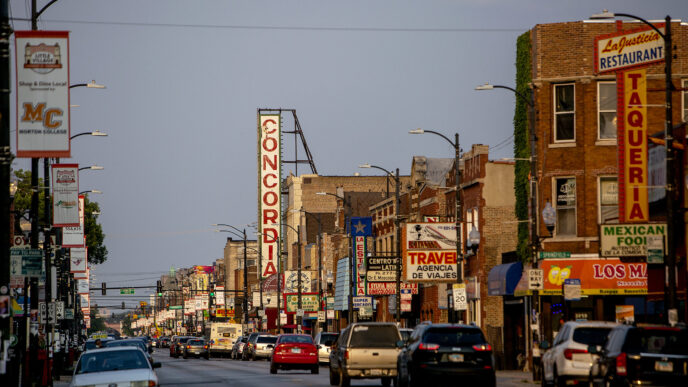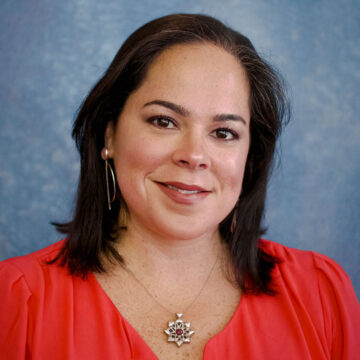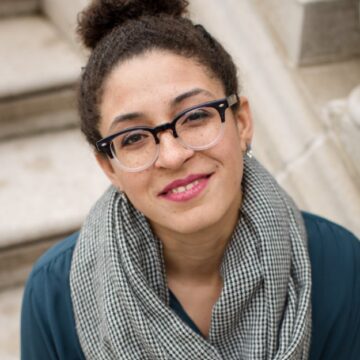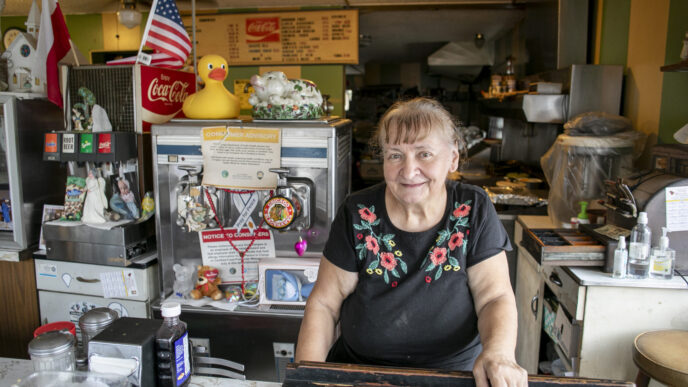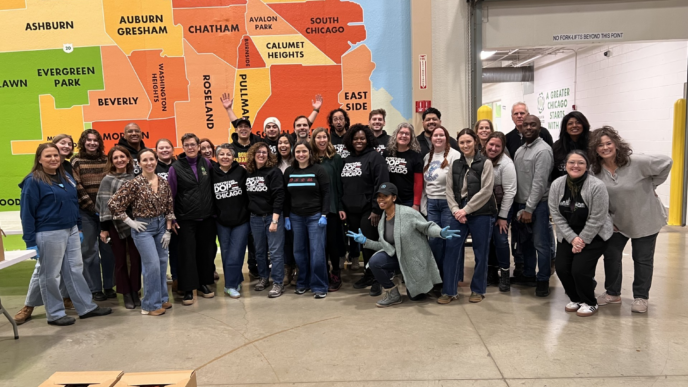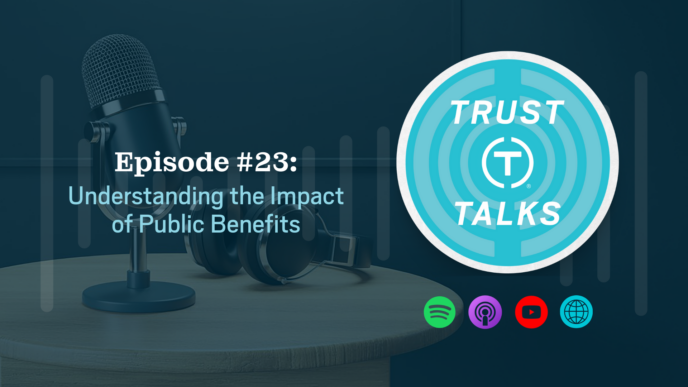Financial Health in Cook County: Why it Matters and How Policy Impacts Financial Well-Being
In 2025, The Chicago Community Trust, with support from JPMorganChase, commissioned the Financial Health Network to update the findings of its Financial Health…
